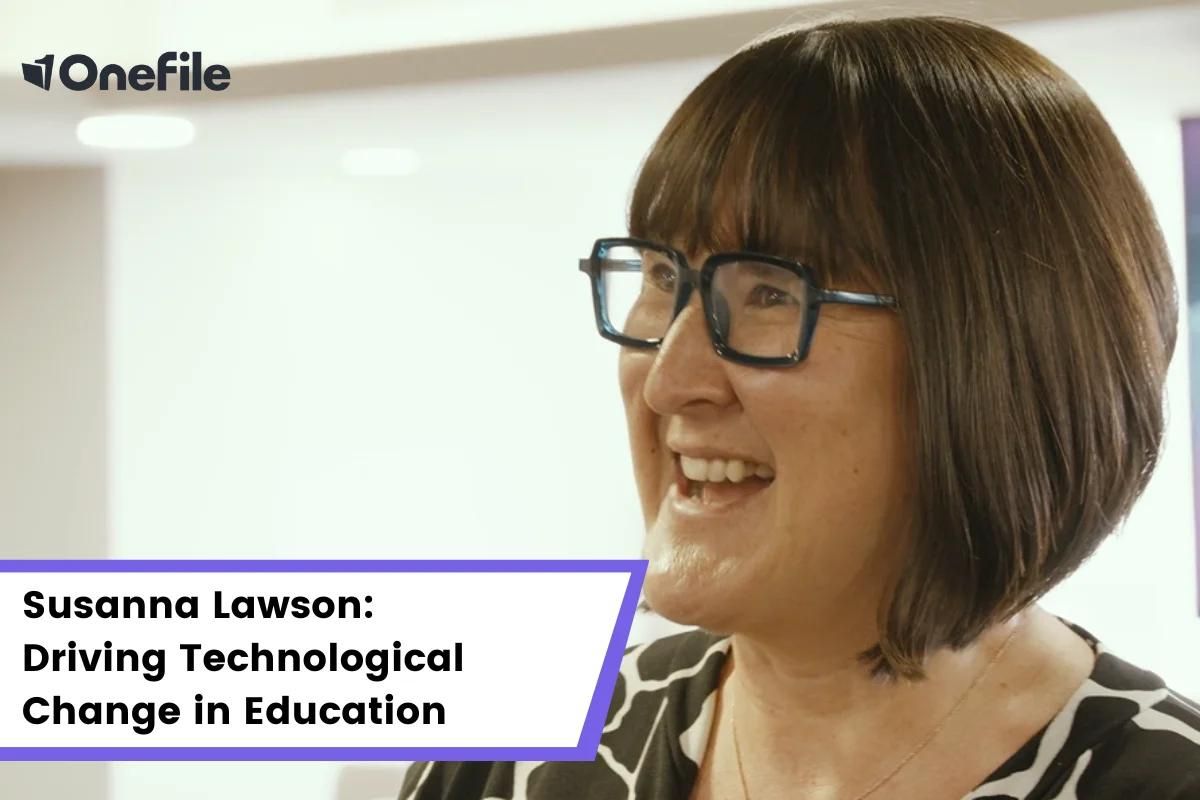Switching from Train to Gain to Apprenticeships… Permanent to Freelance. The options for assessors, tutors and trainers

Train to Gain into Apprenticeship delivery, Permanent into Freelance – what next for FE professionals?
The FE and Skills industry is changing. With the changes in funding from Train to Gain into Apprenticeships and the Work Programme. Many Assessors who previously specialised in delivering NVQ’s are now delivering Apprenticeships. The changes in funding strategy has also meant that Assessors, Verifiers and Tutors are not just being asked to change what programmes they deliver, but the way that they work to, with a seismic shift from Permanent to Freelance Assessor job vacancies being advertised across the sector.
As the coalition government cuts Labour’s flagship Train to Gain skills strategy, what does the future hold for FE professionals that are tied to the programme?
FE Careers, the largest Further Education job board in the UK, has teamed up with the Institute for Learning (IfL) to engage the sector and search for clarity during these uncertain times.
“The good news for all assessors, verifiers, tutors, trainers, sales specialists and managers that have been involved in Train to Gain is that your skills, qualifications and experience are easily transferable,” said Gavin O’Meara, CEO of FE Careers and sister site FE News.
“But it is essential to keep this portfolio of assets up to date. We would recommend exploring the new assessor and verifier qualification programmes to see what is going to be the best route and qualification for you.
“Also, it is definitely worth looking into the new Work Programme, which is funded by the Department for Work and Pensions. This programme offers training and skills to the long-term unemployed. Lead or ‘Prime’ Welfare to Work providers are encouraged to partner with ‘Skills specialists’, so there is a huge opportunity here.”
http://www.youtube.com/watch?v=5xTjPh2lU2g
According to Frazer Thouard, team manager for FE, employment and training at Morgan Hunt, the next step from Train to Gain lies in Apprenticeships, which are proving to be the next big growth area.
Apprenticeships will provide a new door for assessors to move into, Mr Thouard tells FE News during our video interview. Indeed this sentiment is backed by Richard Marsh, director of employer services for the National Apprenticeship Service, who says a lot of the skills that professionals will have picked up from Train to Gain will be transferable.
However, there will still be areas outside of Apprenticehsips where there are skills shortages and high demand, says Alison Starmer, director of FE business at Hays Education.
Ms Starmer believes professionals in sectors that are likely to rapidly respond to any upturn in the economy, such as in hospitality, retail, construction and health and social care, can feel reasonably secure and confident of their areas in the future.
In other areas, flexibility will be the key, such as how you charge for your services. The ability to network, and the continuity of your work will also be crucial. In addition, professionals should also consider moving towards a “portfolio career” to help their prospects, she adds.
“There are lots of options still out there for people. It’s difficult to say exactly where things are going to go until we see what funding is going to come out of the government, but I think it’s not all doom and gloom for the industry. There are still lots of positive steps people can take.”
The optimistic note for professionals working in a post-Train to Gain FE sector was also echoed by Anton Roe, Operations Director at Alderwood Education.
Speaking to FE News off video, Mr Roe said that, although Train to Gain had benefitted a lot of people by providing qualifications and up skilling to all sectors, its demise paves the way for new, and improved initiatives.
“Focussing on government targets, training providers were incentivised financially, which whilst it motivated them to encourage frontline staff, it also detracted from the quality of results and, in some cases, created qualifications for qualifications sake,” he said.
“It could be said that frontline staff were herded into delivering targets and ironically the focus became more on assessing rather than training and learning. Thankfully the focus has now shifted back to ensure all courses have positive outcomes, which it will make courses more beneficial for all parties involved. It is definitely exciting to see training providers being given more freedom and autonomy to deliver their own strategies. I cannot wait to see the results.
“But where does this leave frontline staff like assessors. The answer is simple; empowerment. As a trainer you will be able to invest more time on learning and training rather than completions and targets. The results should be enormous. The qualifications you are now likely to be delivering will be more in-depth, meaning new entrants to the industry will be highly skilled specialists in their areas of expertise. The increased emphasis on teaching, training and learning is all part of the up skilling process and I hope you’ll agree with me when I say we should back it all the way.
“So, Train to Gain – what next? An exciting time is ahead. There are a lot of positives about the coalition government’s new training provision and in order for it to be a success, the government needs our backing. But it is essential the government analyses and accounts for any true gaps created by the absence of Train to Gain. Yes, we may have worries about the future and what the government might do next, but it’s important we embrace change in order for our industry to develop.”
Ultimately, there is no doubt that the skills and experience FE professionals have picked up from Train to Gain will continue to be very valuable, Mr O’Meara says.
He adds: “Check out the areas where funding is moving and visit sites such as FE Careers (www.FEcareers.co.uk). On a daily basis we have more than 1000 jobs advertised from across the sector – so there is plenty of choice. Network with other assessors and verifiers, and be open to working as either a permanent member of staff or flexibly with multiple providers.
“Most important of all, stay positive and up to date – your skills and experience of helping learners and employers are what providers are looking for.”
To search for the latest jobs, check out www.FEcareers.co.uk
Here are the latest Freelance Assessor positions











Responses